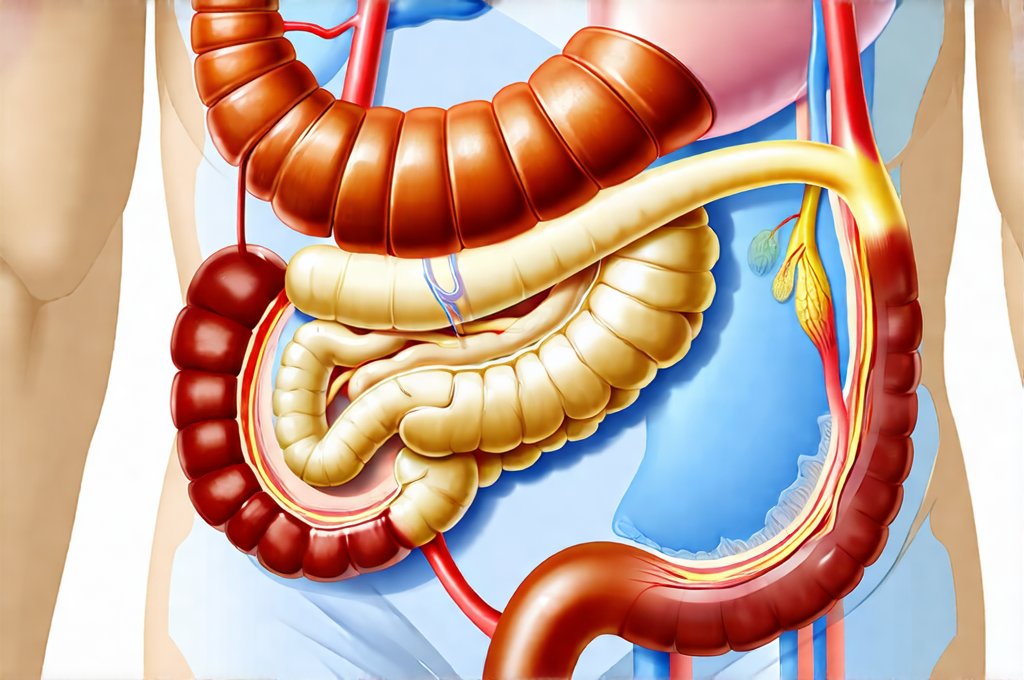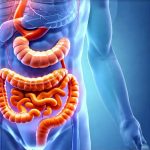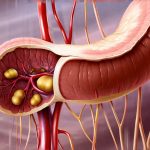Bloating is an incredibly common digestive complaint, affecting a vast majority of people at some point in their lives. It’s often described as a feeling of fullness, tightness, and sometimes even visible abdominal distension. While many attribute bloating to gas production – and that certainly plays a role – the underlying mechanisms are far more complex than simply ‘too much gas.’ Often overlooked, but crucially important, is the rate at which our stomachs empty their contents – a process called gastric emptying. This seemingly simple act has profound implications for how we experience digestive comfort, or discomfort. Understanding this process, and how it can influence bloating, is key to finding effective strategies for management.
The speed with which food moves from your stomach to the small intestine isn’t static; it’s influenced by a multitude of factors including the composition of your meal, your individual physiology, stress levels, and even your body position. When gastric emptying is disrupted – either too fast or too slow – it can create an environment ripe for bloating. A delayed rate means food sits in the stomach longer, giving bacteria more time to ferment undigested carbohydrates and produce gas. Conversely, a rapid rate might not allow sufficient breakdown of complex foods, leading to malabsorption and subsequent digestive distress. This article will explore the intricate relationship between gastric emptying and bloating, providing insights into its mechanisms and potential management strategies.
Gastric Emptying: The Process & Its Impact on Bloating
Gastric emptying is more than just a passive release of food; it’s a tightly regulated physiological process orchestrated by hormonal signals, neural pathways, and the physical properties of the stomach itself. The stomach doesn’t simply “dump” its contents into the small intestine. Instead, it carefully meters out chyme – the partially digested mixture of food and gastric juices – in controlled portions. This careful regulation is vital for optimal nutrient absorption. The process begins with peristalsis, wave-like muscular contractions that mix and propel food forward. The pyloric sphincter, a valve at the bottom of the stomach, controls the release of chyme into the duodenum, the first part of the small intestine.
When gastric emptying is delayed, several things can happen leading to bloating: increased fermentation by bacteria in the upper digestive tract; heightened sensitivity to normal gas production; and potentially even feelings of nausea or fullness that linger long after eating. Conversely, excessively rapid emptying can overwhelm the small intestine’s capacity to absorb nutrients, causing osmotic imbalances and drawing water into the gut—again contributing to a feeling of bloating and discomfort. It’s important to remember that individual variations in gastric emptying are normal; what constitutes “too fast” or “too slow” varies from person to person.
The composition of a meal significantly impacts gastric emptying rates. Fat slows down emptying considerably, as it requires more extensive digestion. Protein also has a moderate slowing effect. Carbohydrates, particularly simple sugars, tend to empty relatively quickly. Fiber can have a variable impact—soluble fiber can slow things down while insoluble fiber might speed up transit time in some individuals. This explains why certain food combinations may lead to more bloating than others. For example, pairing high-fat foods with easily digestible carbohydrates could create an imbalance and contribute to discomfort. Understanding how digestive enzymes work can also be helpful here.
Factors Influencing Gastric Emptying Rate
Several factors beyond meal composition can significantly influence how quickly your stomach empties. One major player is stress. The gut has a strong connection to the brain (often referred to as the gut-brain axis), and stress activates the sympathetic nervous system, which can either speed up or slow down gastric emptying depending on the individual and the nature of the stressor. Chronic stress, in particular, can disrupt normal digestive function and contribute to bloating. Another factor is body position; lying down after eating tends to slow gastric emptying compared to sitting upright or walking.
- Hydration status: Dehydration can lead to slower gastric emptying as the stomach needs water for proper digestion. Maintaining adequate hydration is key.
- Medications: Certain medications, like anticholinergics and opioids, can significantly delay gastric emptying.
- Underlying Medical Conditions: Conditions such as gastroparesis (delayed stomach emptying) or functional dyspepsia (persistent digestive symptoms without a clear cause) directly impact gastric emptying rates and are often associated with chronic bloating. In some cases, acupuncture may offer support.
The interplay of these factors is complex. Identifying your specific triggers for altered gastric emptying can be incredibly helpful in managing bloating effectively. Paying attention to how different foods, stress levels, and lifestyle habits affect your digestion can provide valuable clues.
Dietary Strategies to Support Healthy Gastric Emptying
Optimizing dietary choices can play a significant role in regulating gastric emptying and reducing bloating. While there’s no one-size-fits-all approach, some general strategies are helpful. Focusing on smaller, more frequent meals rather than large infrequent ones reduces the burden on the digestive system and allows for more efficient emptying. Prioritizing whole, unprocessed foods – rich in fiber (in moderation!), lean protein, and healthy fats – supports balanced digestion.
- Low FODMAP diet: This dietary approach, often recommended for people with Irritable Bowel Syndrome (IBS), restricts fermentable carbohydrates that can contribute to gas production and bloating. It’s best implemented under the guidance of a registered dietitian. Increasing fiber intake gradually is also important.
- Mindful Eating: Taking your time while eating, chewing thoroughly, and paying attention to hunger/fullness cues helps optimize digestion and potentially improve gastric emptying rates.
- Hydration: Drinking sufficient water throughout the day aids in digestion and prevents dehydration which can slow down stomach emptying.
It’s also important to identify and limit foods that consistently trigger bloating for you personally. Common culprits include beans, lentils, cruciferous vegetables (broccoli, cauliflower), carbonated beverages, and artificial sweeteners. Food diaries can be incredibly helpful in identifying these individual triggers. A banana might also be a good choice after meals.
Lifestyle Modifications & Further Exploration
Beyond diet, several lifestyle modifications can positively influence gastric emptying and alleviate bloating. Regular physical activity promotes healthy gut motility and aids digestion. Gentle exercise like walking or yoga is often more beneficial than high-intensity workouts when dealing with digestive sensitivity. Stress management techniques such as meditation, deep breathing exercises, or spending time in nature can help regulate the gut-brain axis and improve digestive function.
If bloating is persistent, severe, or accompanied by other concerning symptoms (such as unexplained weight loss, vomiting, or blood in your stool), it’s crucial to consult a healthcare professional. They can rule out underlying medical conditions and recommend appropriate investigations, such as a gastric emptying study, which measures the rate at which food leaves your stomach. This test can help determine if delayed gastric emptying is contributing to your symptoms.
It’s also worth noting that bloating can sometimes be a symptom of food intolerances or allergies. An elimination diet guided by a registered dietitian can help identify potential sensitivities. Ultimately, managing bloating often requires a multifaceted approach tailored to the individual’s specific needs and circumstances. Understanding the role of gastric emptying is a vital step towards achieving lasting digestive comfort. Chewing gum can also sometimes help with digestion.


















